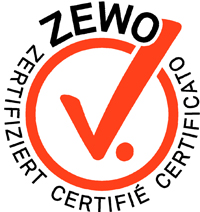According to the latest UN annual report on children and armed conflict, grave violations against children remained “at an alarming level” in 2020, with nearly 26,500 cases worldwide. Kidnappings increased by 90%, while the number of rapes and other forms of sexual violence increased by 70%. At the same time, attacks on schools and hospitals “have remained disproportionately high”. This includes, in particular, the serious attacks on girls’ education. Schools were also more frequently used for military purposes. Covid-19 pandemic requires, many of them have been temporarily closed and have thus constituted a privileged target for occupation and military use. (UN)
Last May, we reported that an entire generation of children in the Sahel was in danger. The consequences of instability and terrorist violence are devastating. The number of internally displaced people stands at 5.3 million, and among them, 1.6 million children are at risk of severe malnutrition. In addition, with nearly 5,000 schools closed, the education of a whole generation of children is in jeopardy. Read our previous article.
These children are Africa’s future. Their education is a prerequisite for the exercise of all their other rights. This is why Morija acts in the education sector through its different areas of intervention. Providing primary education is not just about ensuring that all children are enrolled in school. They also need to continue to attend class regularly. With this in mind, Morija acts on the educational sector through projects which notably affect agriculture, access to water and the establishment of school canteens.










